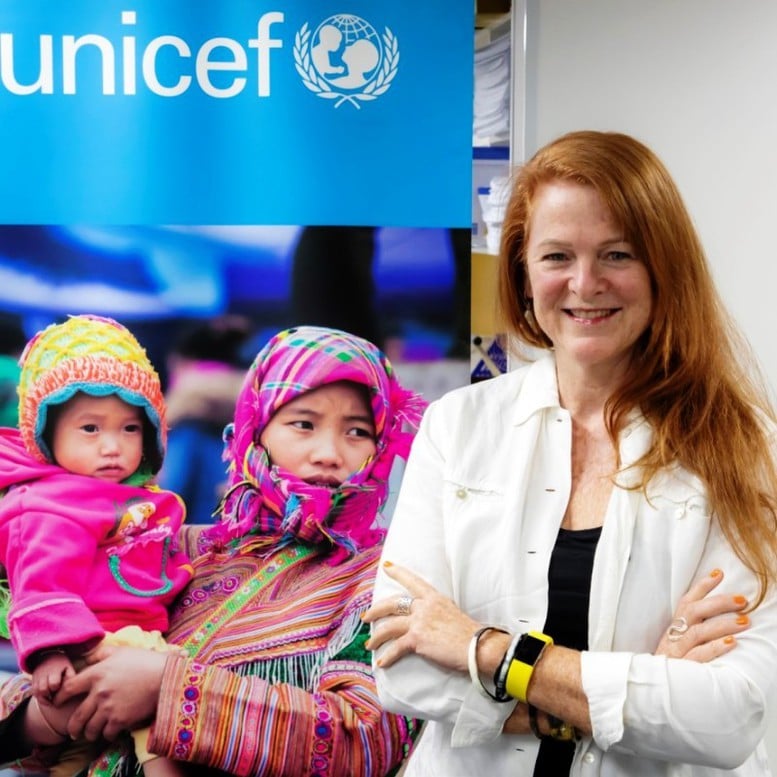
Ms. Tara O'Connell - Chief of Education Program, UNICEF Vietnam.
On the occasion of Vietnam Day of Persons with Disabilities on April 18, Ms. Tara O'Connell, Chief of Education Programme of UNICEF Vietnam, shares about the past journey and the next steps in the effort to ensure no child is left behind in a rapidly developing digital society.
Could you give us an overview of the current situation of digital access for children with disabilities in Vietnam?
Ms. Tara O'Connell: According to the Vietnam Disability Survey 2023, approximately 556,000 children are living with disabilities. These children face significant challenges in accessing quality education, with only 68% attending primary school and falling sharply to just 30% in secondary school.
The digital revolution presents unprecedented challenges and opportunities for these children. The World Bank’s “Moving Towards Inclusion” report highlights that the digital divide can exacerbate learning gaps for students with disabilities, especially when digital solutions lack accessibility features, for example, only 33% of people with disabilities in Vietnam have access to the internet, compared to 83% of people without disabilities.
However, when deployed thoughtfully, digital technology offers transformative opportunities. UNICEF’s policy brief “Digital technology, children’s rights and wellbeing” highlights that technology can be a powerful equalizer for all children, especially disadvantaged groups, if access is safe and appropriate. Assistive technology can make the difference between participation and exclusion, improving graduation rates, confidence and optimism for learners with disabilities.
How will UNICEF help Vietnam address these challenges, Madam?
Ms. Tara O'Connell: UNICEF Viet Nam is leading the way in promoting inclusive education through its digital public goods initiative. By leveraging digital technology and innovative content, we aim to ensure that children and adolescents, especially those who are disadvantaged, have access to high-quality educational resources.
The two main projects under this initiative include “Open Digital Library for Vietnamese Children” and “Virtual Reality Game Modules to Support Children with Attention Deficit Hyperactivity Disorder (ADHD) in Vietnam”. These efforts target the most disadvantaged learners, reflecting our commitment to digitizing education in an inclusive and sustainable way, creating an environment where every child can thrive and reach their full potential.
The Global Digital Library (GDL), a free, open-access platform, offers around 6,000 books in 82 languages. In collaboration with government partners, UNICEF and GDL have localized and adapted the library to provide access and high-quality digital resources in Vietnamese, eight ethnic minority languages, and sign languages.
This initiative plays a vital role in promoting the use of mother tongue and supporting literacy development for children from diverse backgrounds. In addition, a reading app has been developed to improve accessibility, especially for children with visual and hearing impairments. Through the GDL initiative, we equip teachers with the ability to use digital resources and apply them in their daily teaching. 5,000 students, including those with disabilities, have benefited from these resources.
UNICEF partnered with the National Center for Special Education and VRapeutic to develop and adapt open-source VR modules and a supporting computer application. These therapeutic games aim to improve three forms of attention skills – the ability to maintain focus for long periods of time, the ability to focus on what is important while ignoring distractions, and the ability to flexibly switch attention between different tasks.
The games are specifically designed for children aged 6 to 12 with ADHD. UNICEF has worked with educational institutions and trained therapists in Viet Nam to ensure the tool is culturally appropriate and effective. The initiative empowers therapists with data-driven treatment plans and the ability to track children’s learning progress.
In addition to digital public goods initiatives, UNICEF Viet Nam is committed to enhancing digital accessibility and inclusion through a range of other innovative projects.
How does assistive technology contribute to the independence and social connection of children with disabilities?
Tara O'Connell: These technologies have an impact that goes beyond academic achievement. They are creating pathways to independence, social connection, and future employment opportunities. Providing children with disabilities with access to information and learning experiences that are similar to their peers helps to break down the unnatural barriers that have long limited their potential.
However, significant challenges remain in making these technologies widely available. According to the WHO and UNICEF Global Report on Assistive Technology (2022), while more than 2.5 billion people worldwide need at least one assistive product, nearly 1 billion of them do not have access to these technologies. In low- and middle-income countries, the coverage rate for assistive products is only around 3%, highlighting the significant gap between people with and without disabilities.
Could you please give UNICEF's recommendations to ensure the inclusiveness of digital transformation in Vietnam?
Ms. Tara O'Connell: In Vietnam's digital economic development roadmap, we need to ensure that the digital transformation process is inclusive from the very first steps. To do this, there needs to be synchronous action on many fronts.
First, we need to build digital capacity for all stakeholders, especially teachers, through flexible, gender-sensitive learning programs. Copyright regulations need to be adjusted to facilitate the production of more accessible learning materials for children with disabilities. Inclusive education policies also need to clearly stipulate the use of appropriate formats and assistive technologies in schools.
In addition, engaging minority students, students with disabilities, and teachers in the design of digital learning content will help ensure cultural relevance and equitable learning outcomes for all. Equally important is investing in digital infrastructure and prioritizing accessibility for all children, regardless of ability or location.
How do you think we can ensure that the digital revolution leaves no child behind in Vietnam?
Ms. Tara O'Connell : Today, technology is no longer a barrier - it is here and ready. What is lacking is a shared determination to bring these technologies to every corner of the Vietnamese education system in an equitable and non-discriminatory way. By working together, we can turn digital technology into a bridge for every Vietnamese child - regardless of their circumstances - to a world of endless opportunities, giving them a solid foundation to step into the industrial era 4.0.
I also acknowledge and commend Viet Nam’s recent decision to exempt all public school students from tuition fees. This is an important step forward in promoting inclusion and equal opportunity for all children. UNICEF is committed to continuing to work with and support the Government to ensure that all children, including those with disabilities, receive the support they need to fully participate in and benefit from a quality education.
Thank you very much, Madam./ .
Thuy Dung
Source: https://baochinhphu.vn/cong-nghe-ky-thuat-so-mo-ra-nhieu-co-hoi-cho-tre-em-khuet-tat-tai-viet-nam-102250418100842298.htm


![[Photo] President Luong Cuong attends the 80th Anniversary of the Traditional Day of the Armed Forces of Military Region 3](https://vphoto.vietnam.vn/thumb/1200x675/vietnam/resource/IMAGE/2025/10/28/1761635584312_ndo_br_1-jpg.webp)




![[Photo] The 5th Patriotic Emulation Congress of the Central Inspection Commission](https://vphoto.vietnam.vn/thumb/1200x675/vietnam/resource/IMAGE/2025/10/27/1761566862838_ndo_br_1-1858-jpg.webp)
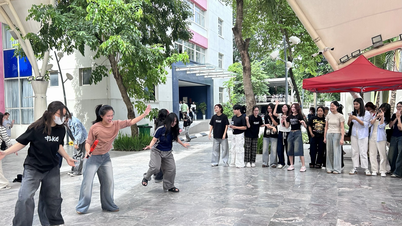



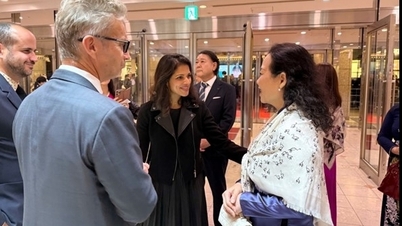


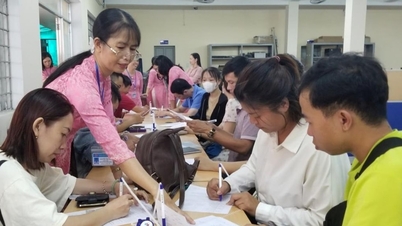






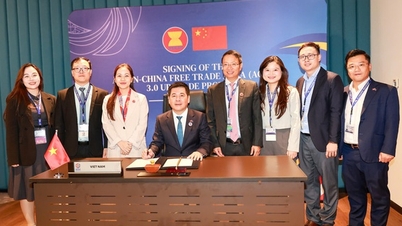

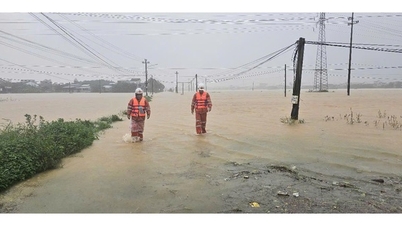

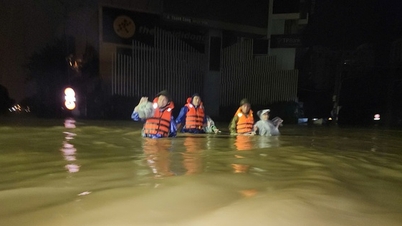

![[Photo] National Assembly Chairman Tran Thanh Man receives Chairman of the House of Representatives of Uzbekistan Nuriddin Ismoilov](https://vphoto.vietnam.vn/thumb/1200x675/vietnam/resource/IMAGE/2025/10/27/1761542647910_bnd-2610-jpg.webp)
![[Photo] Party Committees of Central Party agencies summarize the implementation of Resolution No. 18-NQ/TW and the direction of the Party Congress](https://vphoto.vietnam.vn/thumb/1200x675/vietnam/resource/IMAGE/2025/10/27/1761545645968_ndo_br_1-jpg.webp)




















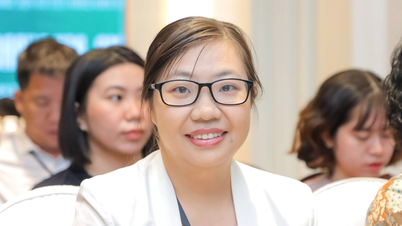






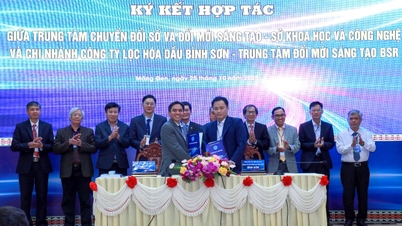
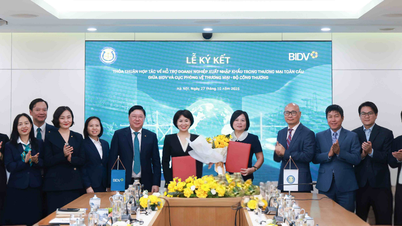







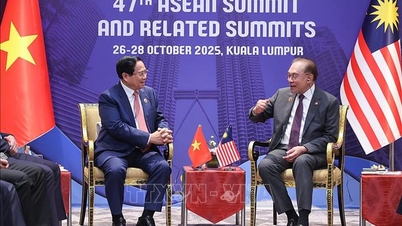



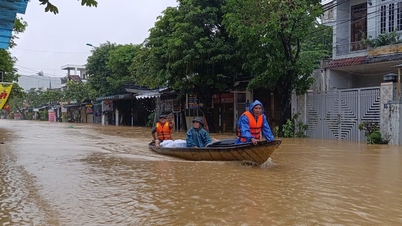






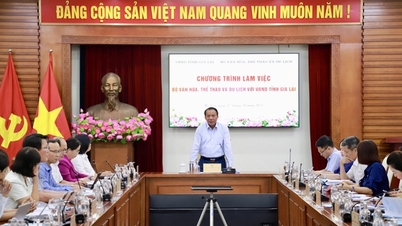
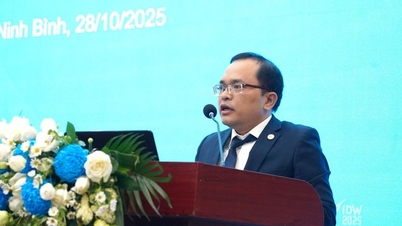

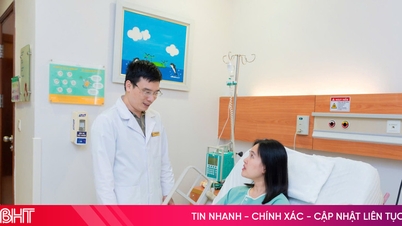

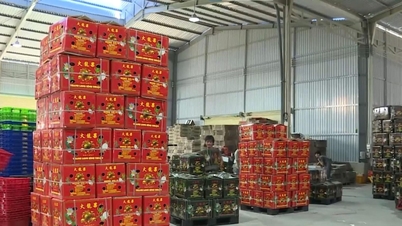

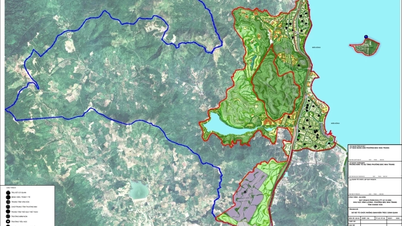


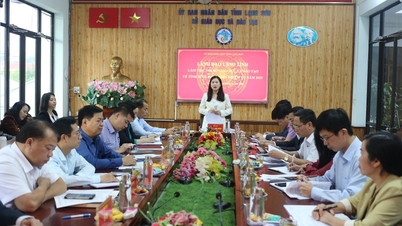

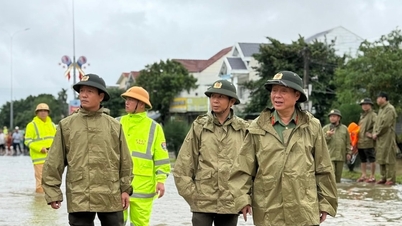















Comment (0)